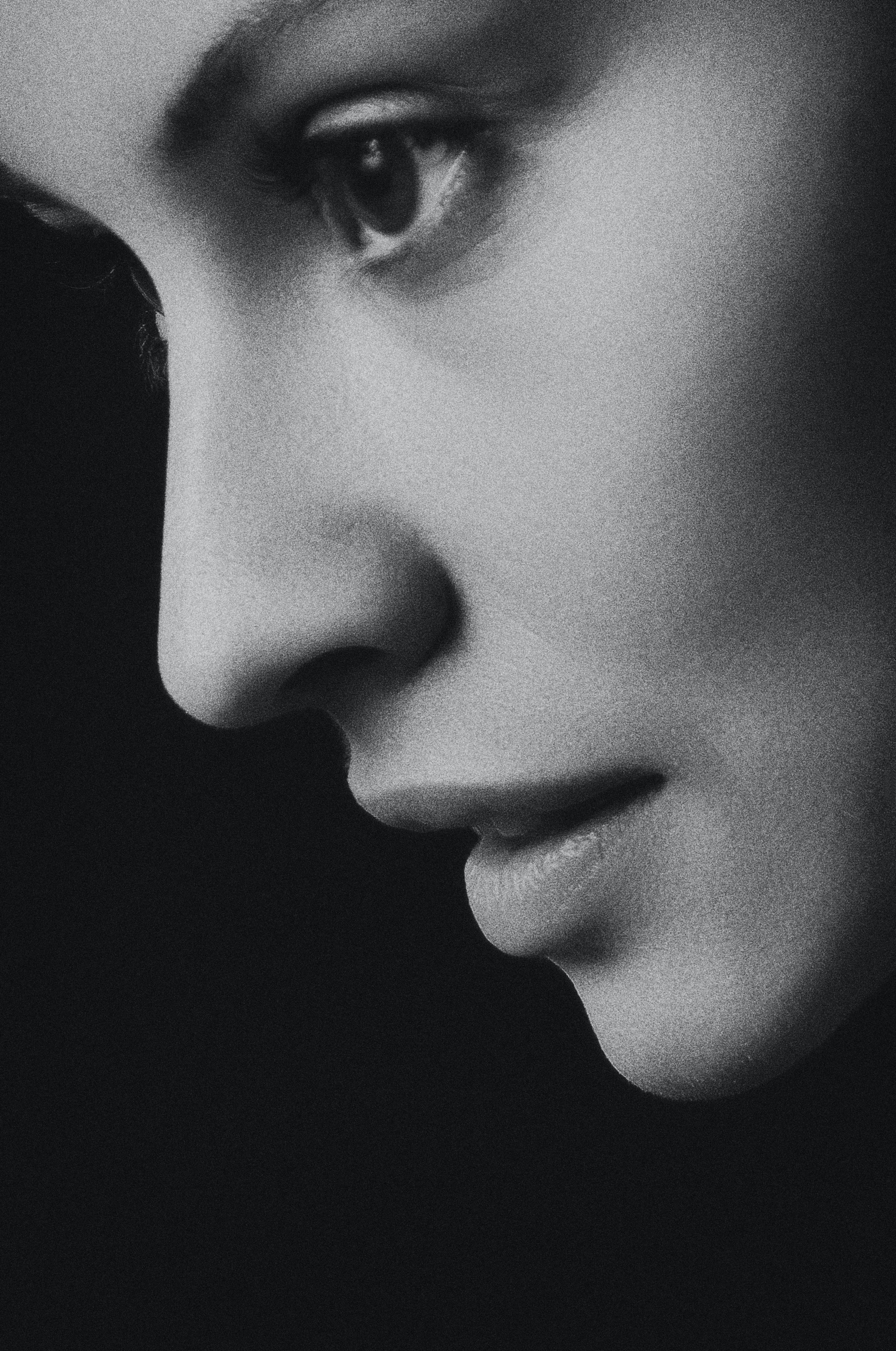About buccal fat removal
What is buccal fat removal?

Buccal fat reduction aims to thin the cheeks, especially where the cheek hollows are located. Some people believe that their face feels excessively full, even obese, despite the fact that a face that is naturally soft and filled out is thought to be youthful.
The buccal fat pad, a naturally occurring pad of fat in the cheek hollow area, is removed during buccal fat removal. Each patient's buccal fat pad has a varied size, and there may be different buccal fat pads in each cheek. People with thin, angular faces are often not candidates for buccal fat pad extraction surgery since doing so could make the face appear older and more haggard.
Who is a good candidate for buccal fat removal?
Surgery to remove buccal fat is a highly specialised treatment. Patients who are concerned about full or chubby cheeks may find it helpful. Be careful to do it for yourself and not for anyone else or to try to fit into some sort of ideal picture if you are thinking about having this treatment.
Generally speaking, you might be a suitable candidate for buccal fat reduction if:
- You are in good physical shape, and your weight is steady.
- You set reasonable goals.
- You don't smoke.
- You don't like the way your fat cheeks look.
Review photographs of buccal fat removal surgery and find out what to anticipate during recovery if you're thinking about having surgery. Patients benefit from forward planning by having realistic expectations and experiencing a quicker recovery.
What are the risks of buccal fat removal?
The choice to undergo buccal fat reduction surgery is highly individual. You must choose whether the risks and probable problems of buccal fat removal surgery are tolerable and whether the advantages will help you accomplish your goals.
The dangers of surgery will be thoroughly explained by your plastic surgeon and/or staff. You will need to sign consent paperwork to show that you are aware of all the risks and potential consequences associated with the treatments you will be undergoing.
The following list is not all-inclusive of the potential dangers of buccal fat removal surgery:
- Hazards of anaesthesia
- Asymmetry
- Bleeding
- Problems related to cardiac, pulmonary, and deep vein thrombosis
- A buildup of fluid (seroma)
- Hematoma and infection
- A salivary duct injury
- Injury to facial nerve branches can cause face muscle paralysis that is either transient or permanent.
- Numbness or other sensational alterations
- Persistent discomfort inadequate wound healing
- Surgery revision is a possibility.
- Prolonged swelling Minimal changes or subpar aesthetic results
Before you give your consent, all risks, including this ones, will be clearly disclosed. It's crucial that you speak candidly with your plastic surgeon about all of your concerns.
What should I expect during my recovery?
You might be told to stick to a liquid diet for a few days or longer after your buccal fat removal operation. To lower the chance of infection, your surgeon could give you instructions on using specific mouth rinses.
You'll receive detailed instructions, which can include:
- How to take care of the surgical site(s) after surgery
- drugs that can be used topically or taken orally to promote healing and lower the risk of infection
- specific issues to watch for following surgery or with your general health
- When to consult your plastic surgeon again
To learn more about what to anticipate during your particular recovery period, be sure to ask your plastic surgeon specific questions.
- Where will I be taken when my procedure is finished?
- What prescription drugs will I receive or be given following surgery?
- After surgery, will I wear dressings or bandages? Will they be taken out when?
- When can I get back to my regular routine and exercise?
- When do I go back for additional treatment?
As the swelling goes down, healing will continue for a few weeks. Continue to adhere to your plastic surgeon's recommendations and show up to follow-up appointments on time.
What results should I expect after buccal fat removal?
Swelling may initially hide the final effects of buccal fat removal surgery. As your cheeks progressively contour to their new shape, it can take several months before you notice the full effects. In the aftermath of surgery, the cheeks ought to look less big or fat.
Surgery and medical treatment are not exact sciences. Although positive outcomes are anticipated, there is no assurance. In some cases, a single surgical treatment might not be sufficient to produce the best results, and a second surgery can be required.
If you feel chest aches, irregular heartbeats, or shortness of breath following your surgery and return home, call your doctor right once. You could need hospitalisation and further care if any of these side effects appear.
The outcome of your surgery depends on you following your doctor's recommendations. During the healing process, it's crucial that the surgical incisions not be subjected to too much stress, abrasion, or motion. You'll receive detailed instructions from your doctor on how to take care of yourself.